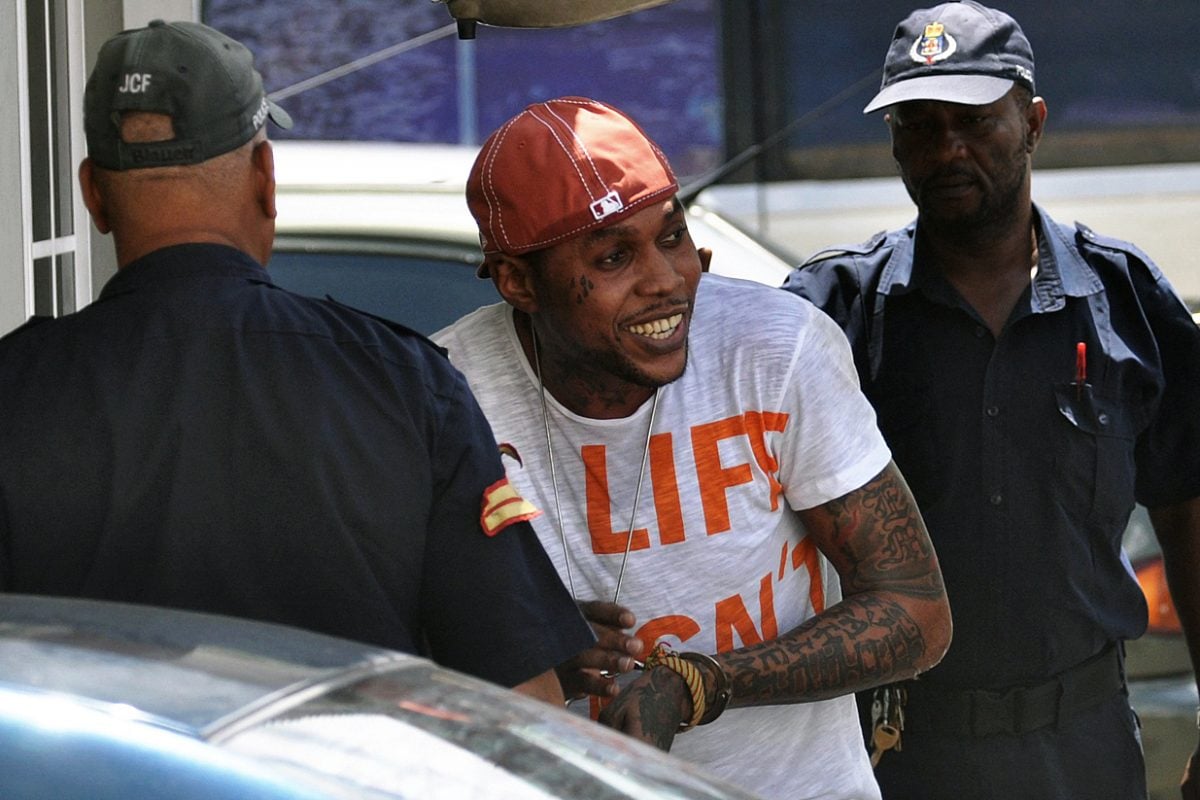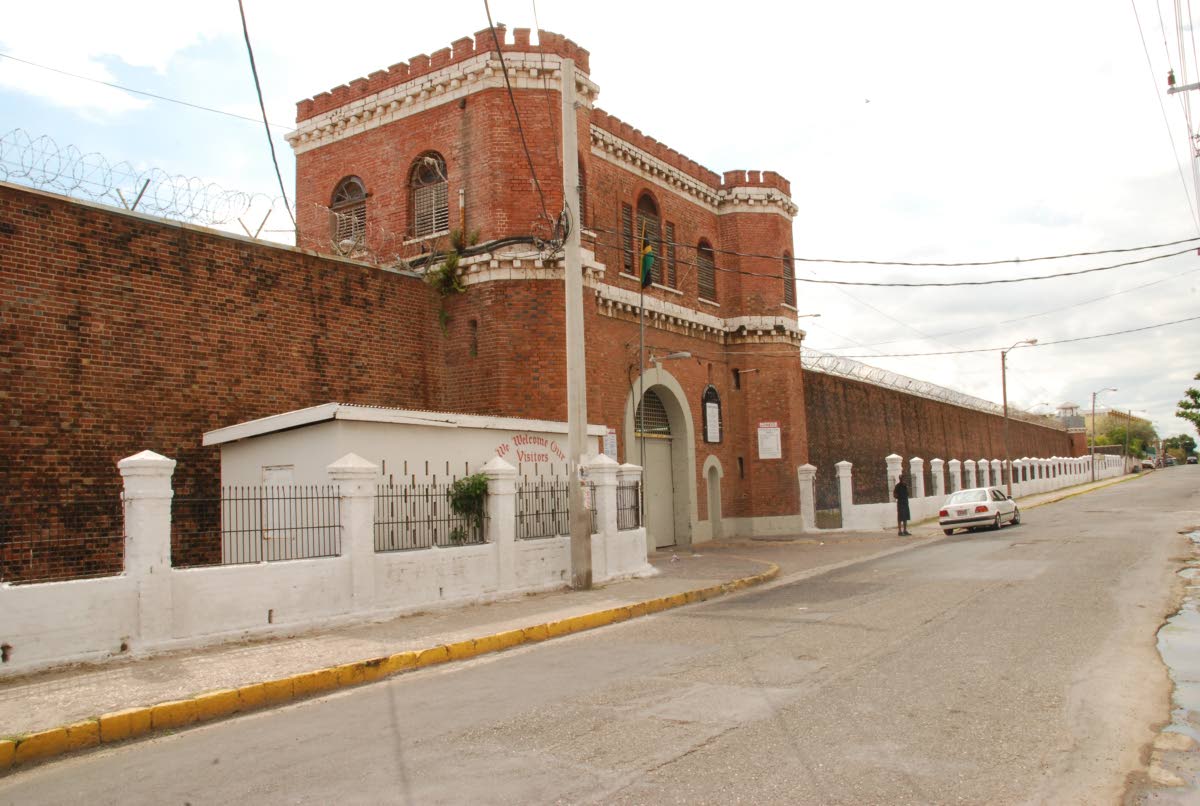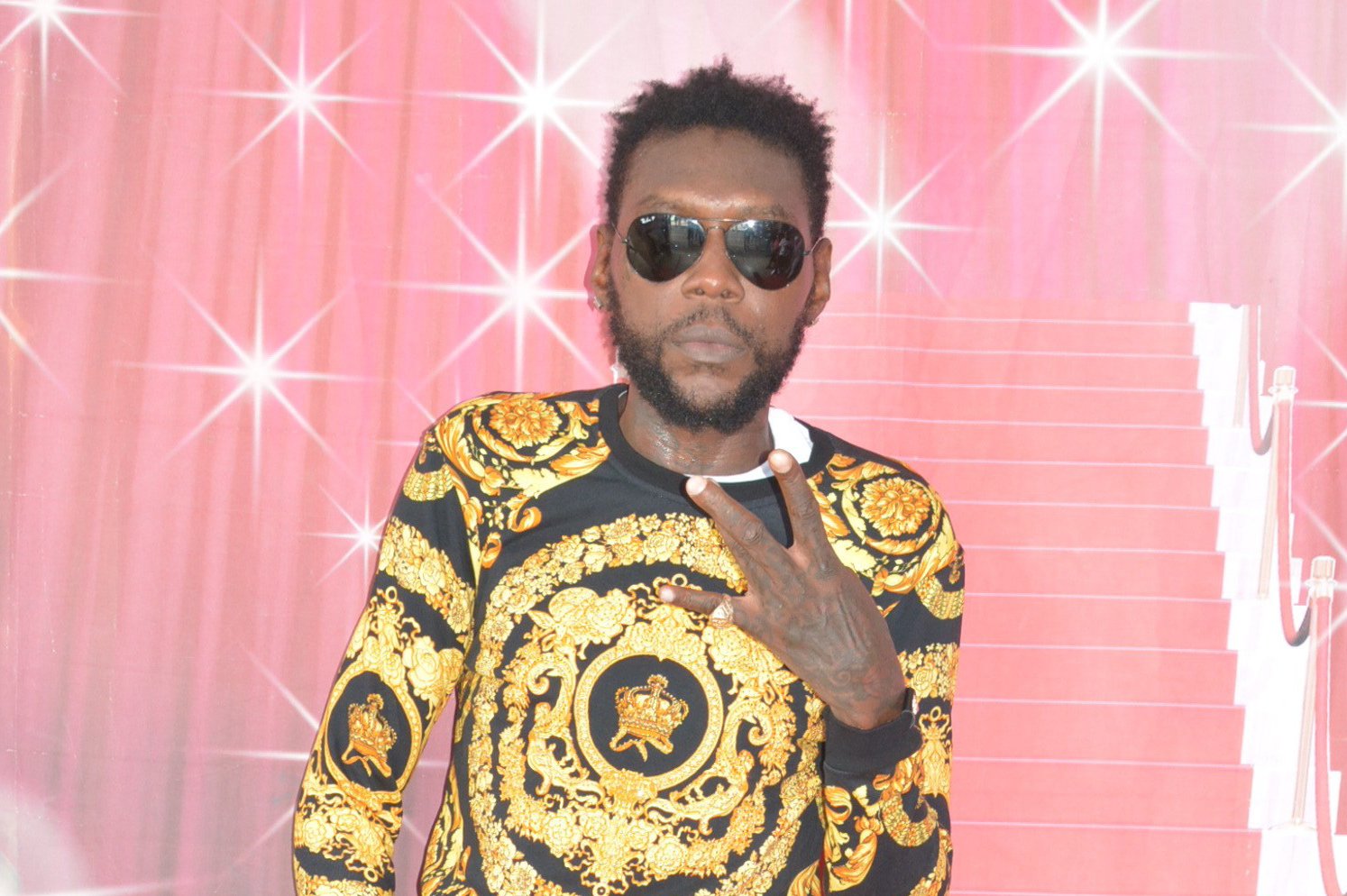Tougher Prison Contraband Laws Might Impact Vybz Kartel’s Music Productions

Following the Jamaican Government’s warning that ‘tougher laws’ will be implemented to punish smugglers of ‘contraband’, particularly electronic devices, into the island’s prisons, many dancehall fans are now wondering whether incarcerated deejay Vybz Kartel’s music will be impacted.
The 44-year-old is serving a life sentence since 2014 for murder, and during that period he has released hundreds of singles, as well as two new albums this year, which have stormed the local and international music scenes.
The longstanding controversy relating to Kartel’s recordings in prison dates way back to 2016 when he was removed from the Horizon Adult Remand Centre and relocated to the Tower Street Adult Correctional Facility (also known as General Penitentiary) after claims were made that he was voicing songs behind bars. At the time prison authorities said an investigation into the claims was underway.
Fast-forward to March this year, the Department of Correctional Services said actions would be taken against Kartel after “contraband” was found in his cell.
The Department said it was prompted to raid Kartel’s cell after officials received reports that he was involved in a live stream with producer Rvssian on Instagram.
However, a few days ago, approximately seven months after that incident, Minister Without Portfolio in the Ministry of National Security, Matthew Samuda, who has responsibility for the correctional services, stated at a digital press conference that the proposed ‘tougher laws’ are to be tabled and approved by Parliament within three months.
He also said the current Corrections Act is archaic and that his Ministry will seek approval from the Jamaican Cabinet, for new Correctional Services legislation.
While not singling out Kartel, Samuda made it clear that prisoners “found with electronic devices that allow them to communicate externally will be treated more harshly in the new act”.
Jamaica’s Corrections Act which governs the operations of the island’s correctional facilities does not speak to contraband, but makes references to ‘prohibited articles’ which it describes as: “any intoxicating liquor, drug, tobacco, money, clothing, provisions, letter, tool, or any article likely to be prejudicial to the life or safety of any person, or to facilitate any escape from a correctional institution, or to be used for purposes prejudicial to the discipline of such institution”.
As such, recording devices or smartphones purported to be used by Kartel, are not classed in the list of prohibited items.

The controversial deejay’s behind-bars musical activities has constantly featured in the news, especially after politicians, including former Culture Minister, Lisa Hanna who in February 2017, said on public radio that he ought not to be allowed to record whilst incarcerated.
Hanna, who copped the Miss World title in 1993, evoked the wrath of the Gaza Nation at the time, as fans hurled a myriad of insults and threats at her, after she suggested that it may be time to have a discussion on whether music produced by convicts should be played on public airwaves.
A month later, then Commissioner of Corrections, Ina Hunter, had said claims that Kartel was recording songs from behind bars, might be mere speculation as there was no evidence to confirm it. Nevertheless, at the same time, she said investigations would be continuing to determine the truth and promised as well, to make the findings public.
She had also said there had been searches and transfers of correctional officers ‘due to speculation about Kartel’s musical activities in prison’.
Additionally, she said as part of the investigation some correctional officers would be subjected to lie-detector tests to determine whether they had been facilitating Kartel’s music productions and that those found guilty, would be dismissed. However, to date, there have been no further reports on the result of that investigation.
Not long after the Commissioner’s pronouncements, the then National Security Minister Robert Montague confirmed that prisoners were in fact recording music behind bars and labelled it ‘a disgrace’.
However, last December there were new developments when music producer Mikie Bennett, who is part of a special team commissioned to use music to rehabilitate inmates at the island’s maximum-security prisons, the Tower Street (General Penitentiary) and the St. Catherine Adult Correctional Centre, where Kartel is now housed, told The Gleaner newspaper that Kartel was not a part of the programme, by his own choice.
Bennett, who is also a composer and multi-instrumentalist, said at the time that Kartel though, seemed to have had a change of heart with respect to becoming a part of the Rehabilitation of Offenders through Music Programme, which allows inmates to pursue their music while behind bars.

Reggae singer Jah Cure recorded some of his hit songs through that programme at the South Camp Rehabilitation Centre, whilst serving time on a rape conviction.
Bennett had also said the authorities would be processing Kartel’s request and that he was looking forward to working with the Calabar High School old boy.
There been speculation that Kartel had not applied to join the Rehabilitation of Offenders through Music Programme as there were questions surrounding whether an inmate involved in an appeal should be allowed to use the prison studio.
In 2017 then Junior National Security Minister, Pearnel Charles Jr., had declared that he was not in agreement with Lisa Hanna’s suggestion that Kartel’s music be banned, arguing that the “aim of incarceration is to rehabilitate people and not to punish them”.
“People come into the institutions as punishment, not for punishment. Even within the context of hard labor, there are conditions that we have to abide by. The goal must be, where possible, to rehabilitate these persons,” he said.
